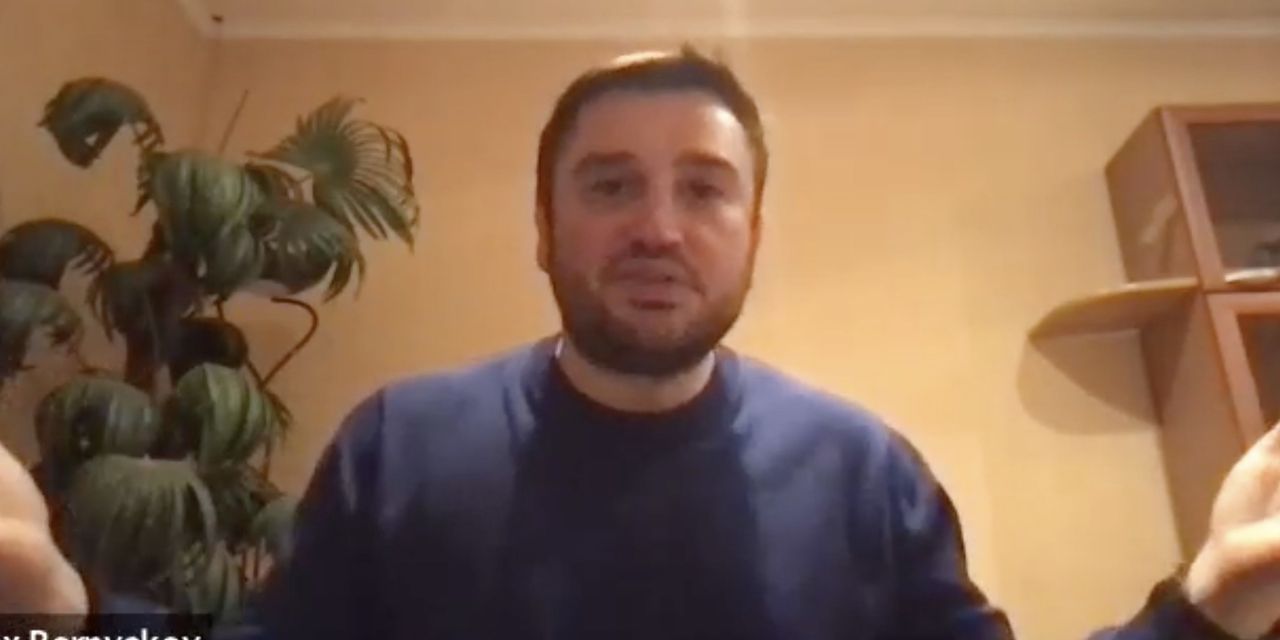
Criminal justice experts are warning that the rise in homicides in 2020, the biggest one-year increase in 60 years, is continuing into this year.
FBI statistics show that homicides jumped by nearly 30% last year compared with 2019, from 16,669 to 21,570. A report released this week suggests the trend is rising.
The Council on Criminal Justice report shows that the number of homicides in 22 cities was 4% higher during the first nine months of this year than in the same period in 2020 and 36% higher than in 2019.
“Homicide increases above and beyond normal seasonal changes remain deeply troubling and require immediate action from policymakers,” the D.C.-based nonpartisan think tank said.
The report notes that the homicide numbers are significantly lower than the nationwide historical peaks of the 1990s, but the surge in some cities has been staggering.
Los Angeles recorded a 16% increase in homicides from January to September, from 259 to 301. Homicides in Louisville, Kentucky, are up 24%, from 119 to 148. Austin, Texas, recorded an 81% increase, from 32 to 58.
While some cities are reporting increases in homicides, others are breaking records. In the past 30 days, Indianapolis broke its homicide record of 215 set last year. Tucson, Arizona, broke its record of 79 in 2008, and Portland, Oregon, broke its record of 67 in 1987.
Cities that bowed to activists’ demands to cut police budgets in 2020 are now scrambling to reverse those changes.
In Portland, where violent political protests have been fixtures on streets for months, Mayor Ted Wheeler announced a public safety plan on Nov. 3 that includes adding 200 police officers to the force. The department has 917 allotted positions, more than 100 of which are vacant.
“Many Portlanders no longer feel safe in their city,” said Mr. Wheeler, a Democrat. “Business owners have closed up shop for fear of doing business in high-risk areas. Commuters fear for their safety, whether taking public transit or going by foot. Parents are scared to let their children play outside.
“There is such a thing as too few officers … and we’ve reached that point.”
The proposal to put $5.2 million back into the Portland police budget was made 16 months after the city cut $15 million from it. Activists nationwide were calling for policing reforms after the May 2020 death of George Floyd, a Black man who died in Minnesota police custody.
In the District of Columbia, Mayor Muriel Bowser, a Democrat, offered a proposal this summer to restore $11 million to the Metropolitan Police Department budget to hire 170 more officers after budget cuts in 2020.
“Last year, unfortunately, we saw a $15 million reduction in [the police] budget, and because of that reduction, we have not been able to keep the hiring pipeline in full effect,” Miss Bowser said during a public safety briefing July 28.
The city of more than 705,000 recorded 192 homicides this year through Tuesday, an increase of 12% from the 171 homicides during the same period last year.
The D.C. Council in August approved $5 million of the mayor’s request for restored police funding and redirected $6 million into “violence interruption” programs.
Police Chief Robert J. Contee III warned the council that without the funding for new hires, the department was on track to have only 3,460 police officers by next September. That would be “the smallest police force our growing city has had in more than two decades,” he said.
As the number of officers in the city declines, crime statistics across several categories, including homicides, are surging.
Greggory Pemberton, president of the D.C. Police Union, told The Washington Times that the city is on pace to surpass the 198 killings recorded in 2020 — the highest number in 16 years.
The increase in killings, he said, has “a direct correlation to the reduction in [the] number of police officers.”
“The way to fix this is to immediately begin hiring as many officers as the academy can handle,” Mr. Pemberton said.
Seattle Mayor Jenny Durkan, a Democrat, issued an executive order on Oct. 29 allowing $10,000 hiring bonuses for new police officers and $25,000 hiring bonuses for experienced officers through the remainder of 2021.
Ms. Durkan said the order was necessary to address staffing shortages and public safety concerns. “Previous attempts to get [the city] council to consider an ordinance to operationalize these measures has failed,” she said.
The Seattle City Council rejected Ms. Durkan’s request in July to reinstate a 2019 incentive program for hiring officers. In August, the council cut $3 million from the police department’s $400 million budget.
The Pacific Northwest city of more than 737,000 has recorded 35 homicides this year, down from 52 during the same period last year. The mayor, however, noted in the October order a 35% increase in reports of gunshots.
A police spokesperson said Tuesday that 224 of the department’s 1,347 allotted officer positions are unfilled.
National Police Association spokeswoman Betsy Brantner Smith told The Times that the nation has a police recruitment and retention crisis.
The retired police sergeant said the crisis is “primarily in blue cities and counties” that decided “to vilify the entire profession based on the actions of one police officer in Minneapolis.”
“What followed were police officers nationwide treated by the media, and often by their own cities, as criminals and racists for simply doing their jobs, while crime, especially homicides, rose to record numbers,” Ms. Brantner Smith said.
As a result, law enforcement members “in cities like Portland, Chicago, Seattle, Tucson, New York and more either left their police departments for the suburbs, rural America or other pro-police areas or left the profession altogether, leaving many urban areas with a shortage of officers,” she said.
She said the association “finds this is unacceptable and dangerous, not just for police officers, but for the citizens they have sworn to serve and protect.”








